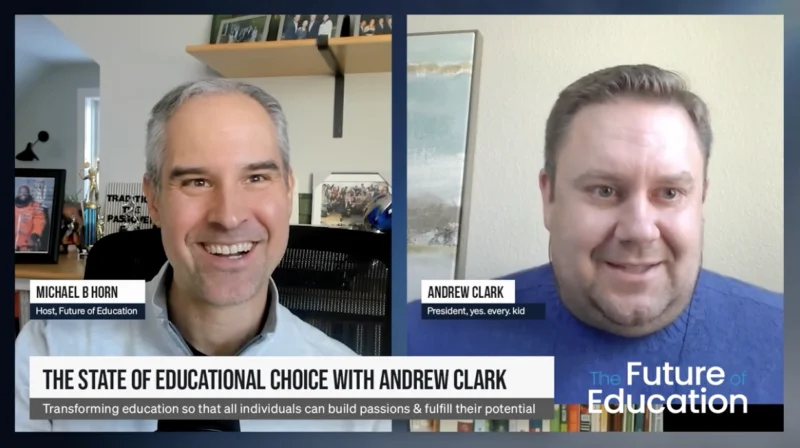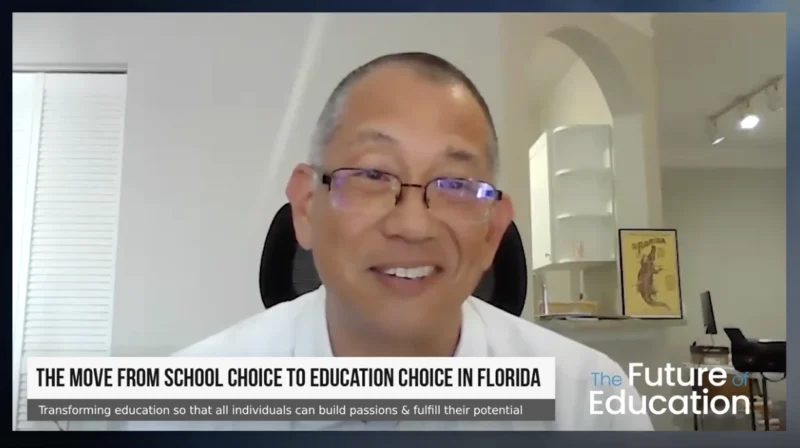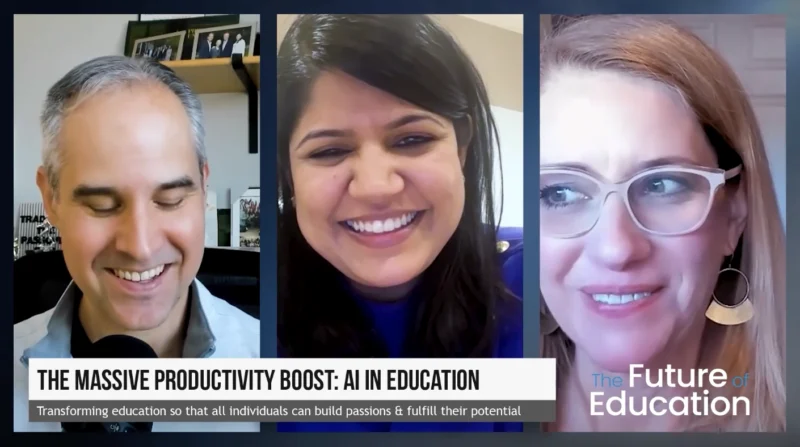Helping Employers Move Beyond Degrees in Favour of Skills-First Hiring
As employers grapple with persistent talent shortages, the traditional requirement of a four-year degree is being challenged. In fact, a study by the Harvard Business School shows that more employers now demand four-year degrees for jobs that historically didn’t require them, despite minimal evidence of improved performance. As a result, they narrow the talent pool and limit access for skilled, non-degreed workers. A growing movement toward “skills-first” hiring aims to solve this by focusing on what candidates can do, not where they learned it.
So, what will it take for employers to move beyond degrees and truly embrace hiring based on skills and potential?
In this episode of The Future of Education, host Michael Horn sits down with Clayton Lord, Senior Program Director at the SHRM Foundation, to explore how HR leaders and companies can shift their practices to create more inclusive, effective, and forward-thinking hiring pipelines. The conversation spans strategy, systems, and the cultural mindset needed to make skills-first hiring the new norm.
The main topics of conversation…
- The Three Core Barriers: ROI uncertainty, lack of trust and clarity in credentials, and organizational risk aversion are slowing employer transitions away from degrees.
- Tools to De-Risk Skills-First Hiring: From seed-funded pilot programs to AI-powered resume screening tools and job description generators, there are emerging resources to support employers.
- A Vision for the Future: The SHRM Foundation aims to shift 100,000 employers and 500,000 HR professionals toward a skills-first model, where skills—not degrees—become the default in hiring.




